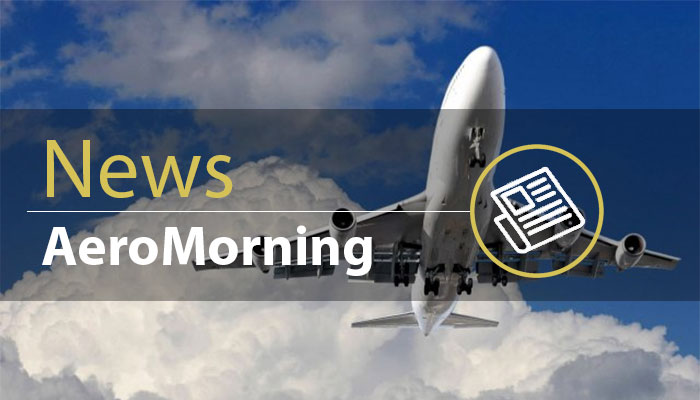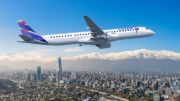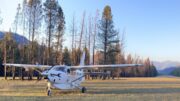AerMorning, October 27th, 2025
In a move that could reshape aviation surveillance standards across the United States, a U.S. Senate committee has approved legislation requiring all aircraft operating within the national airspace to be equipped with Automatic Dependent Surveillance–Broadcast (ADS-B) technology. This bill aims to expand the scope of current Federal Aviation Administration (FAA) requirements and enhance situational awareness, safety, and operational efficiency across both commercial and general aviation sectors.
ADS-B is a cornerstone of the FAA’s Next Generation Air Transportation System (NextGen). It allows aircraft to broadcast their precise position, velocity, and identification information using GPS data, which is then received by air traffic control (ATC) facilities and other suitably equipped aircraft. Unlike traditional radar-based surveillance, ADS-B provides continuous, satellite-derived updates, improving the accuracy and reliability of traffic monitoring—especially in remote or oceanic regions where radar coverage is limited.
Under existing regulations, ADS-B Out capability has been mandatory for aircraft operating in most controlled airspace since January 2020. However, many smaller aircraft and operators flying in less congested regions have been exempt. The proposed bill would eliminate most of these exemptions, effectively requiring universal adoption of ADS-B tracking technology. Under the current proposal, full ADS-B compliance would be required by 2031, giving operators several years to retrofit existing aircraft and integrate compliant systems. The Senate panel cited several factors motivating this expansion, including midair collision prevention, improved search-and-rescue coordination, and better integration of unmanned aircraft systems (UAS) into shared airspace.
Industry experts have expressed mixed reactions. While proponents highlight the benefits of real-time tracking and enhanced data integrity, some stakeholders from the general aviation community have voiced concerns over equipment costs, privacy implications, and technical challenges associated with retrofitting legacy aircraft. The bill includes provisions for phased implementation and potential financial assistance programs to mitigate the burden on small operators.
If enacted, this legislation would mark a significant step toward a fully networked surveillance ecosystem, supporting both manned and unmanned flight operations. As aviation continues to evolve toward greater automation and connectivity, universal ADS-B adoption could serve as a foundational element in the digital transformation of air traffic management.









Be the first to comment on "Senate Panel Advances Bill Mandating ADS-B Tracking for All Aircraft"